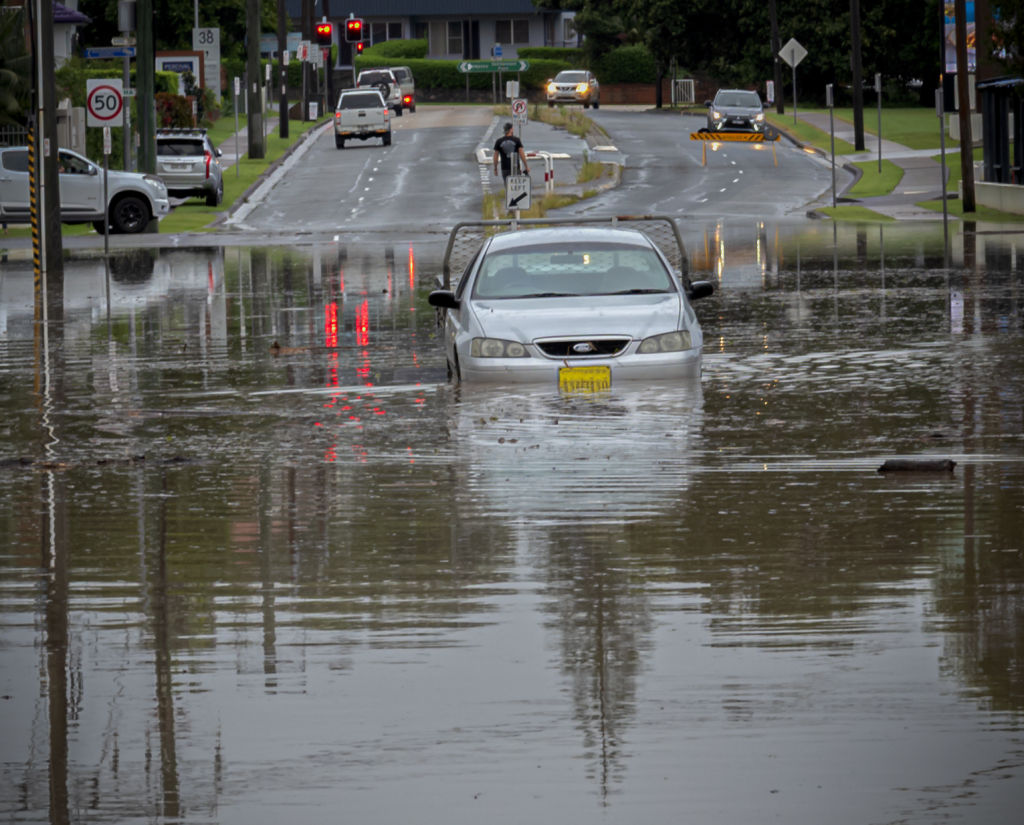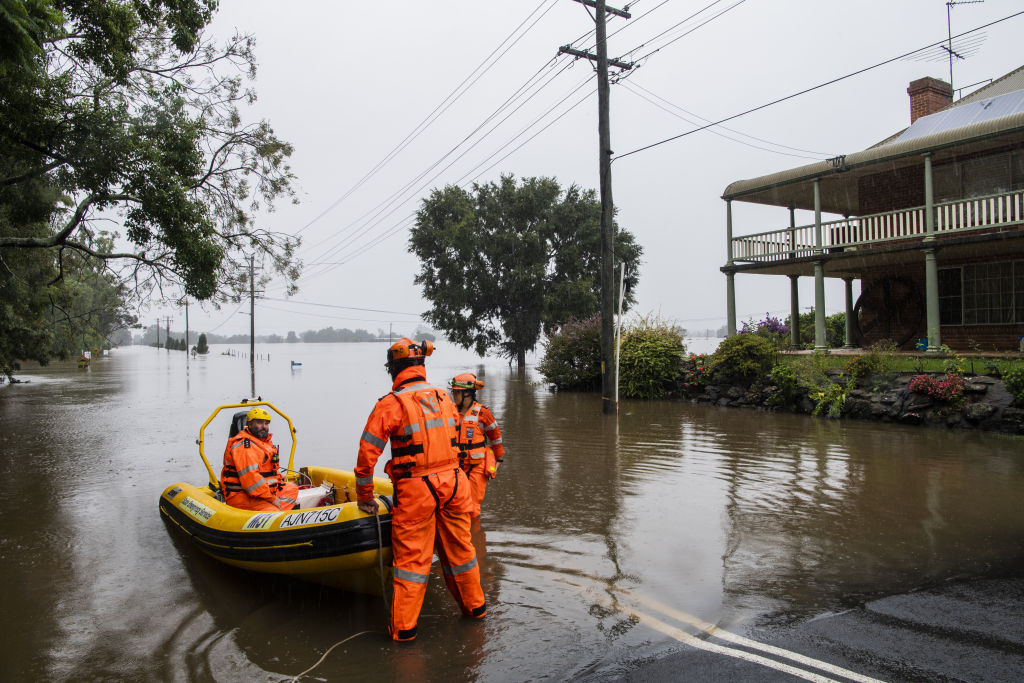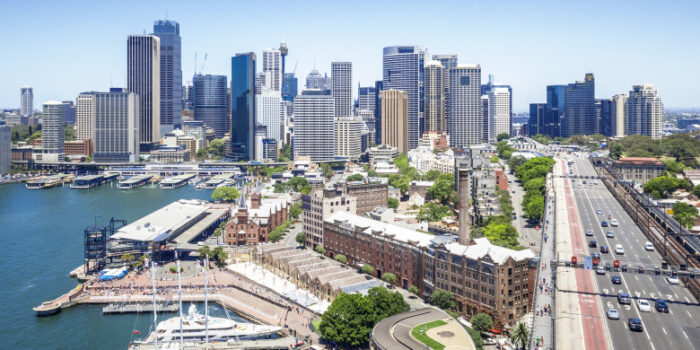NSW renters are being urged to speak with their property manager if their homes are flood-affected or water-damaged as the devastating weather conditions continue to see residents evacuated across the state.
Almost 20,000 people have fled their properties, many of them renters, as the evolving flood emergency puts another 15,000 people on notice.
It comes after parts of the state were declared a natural disaster zone two days ago, when 18,000 people were evacuated from parts of Sydney and along the coast.
Scenes of flooded homes and properties washing away in metres-high floodwaters started emerging as the state’s mid-north coast was one of the first badly-affected areas.
It has left about 55 properties uninhabitable in the Port Macquarie region, according to David Gray, chief executive of Elders Port Macquarie, which manages more than 3000 rental properties in the area.

He urged tenants affected by the floods to ring their property managers to discuss their situation.
“Ring your property manager straight away and speak to them immediately,” Mr Gray said. “Talk to us. If they don’t get the answers, ask for a director. In a time like this, you see the best of people.”
The rains hit the region hard on Friday with the worst of it falling on Saturday night in low-lying towns, including North Haven and Dunbogan, according to Mr Gray.
Hundreds of rental properties have been damaged by the flood, Mr Gray said, with his team working around the clock to stay in touch with flood-affected tenants.
“If a property is uninhabitable the rent stops straight away,” he said, adding that a tenant and landlord can also negotiate a rent reduction for partially water-damaged properties.
“Unfortunately, at the moment we can’t do a lot of repairs and there are a lot of issues with electricity,” he said. “What’s great is we’ve gone through COVID and the bushfires. Ninety-nine per cent of owners and tenants work well together.”

Dozens of Sydney properties have also been water-damaged in flood-affected areas of the north-west, including Windsor, Marsden Park and Quakers Hill, according to Raine & Horne Rouse Hill senior property manager John Deves.
While a number of renters have been evacuated as a precaution, none on their rent roll have been flooded, Mr Deves said.
“Rent relief is only applicable if they have to vacant due to the property becoming uninhabitable,” Mr Deves said. “Otherwise it’s a repair issue – we try to get the roofers out there as soon as possible.”
“In most cases, it’s a cracked tile or an overflowing gutter. If it’s a flood issue, that’s a different story.”
But Tenants’ Union of NSW chief executive Leo Patterson-Ross has reminded tenants of their rights during a natural disaster, saying they could negotiate a rent reduction on partially water-damaged rental properties.
“If part or all of the premises are uninhabitable, regardless of the root cause, then the tenant should first attempt to negotiate with the landlord and/or agent in writing,” he said.
“If they do not reach an agreement promptly, apply to the NSW Civil and Administrative Tribunal for an order for that the rent reduces or abates from the time the premises became uninhabitable. The tribunal can order the landlord to repay any overpaid rent.”
“This is very situation-dependent and people should seek advice,” he said, adding that renters should be specific from the outset about their claims and should provide evidence to reduce the chance of a dispute arising later on.
If a landlord has failed to maintain a property in a reasonable state of repair then they may be liable for both a rent reduction and provision of alternative accommodation for the tenant, as well as paying for damaged belongings or other costs.
Tenants are also able to stop paying rent in full if the property becomes uninhabitable, Mr Patterson-Ross said.
“If the premises have become uninhabitable, meaning it may be risky to your health to stay or an authority has said you can’t remain, then the rent reduces to zero until you can return,” Mr Patterson-Ross.
“Uninhabitability can look like many different things, but the simplest explanation is that there is a risk of harm caused by the premises themselves. “
He said tenants can also break a lease immediately, whether it is fixed or periodic, if the property is wholly or partly uninhabitable, if tenants have a written record of the landlord failing to keep the property in a habitable condition prior to a natural disaster such as failing to repair ceilings or gutters.



